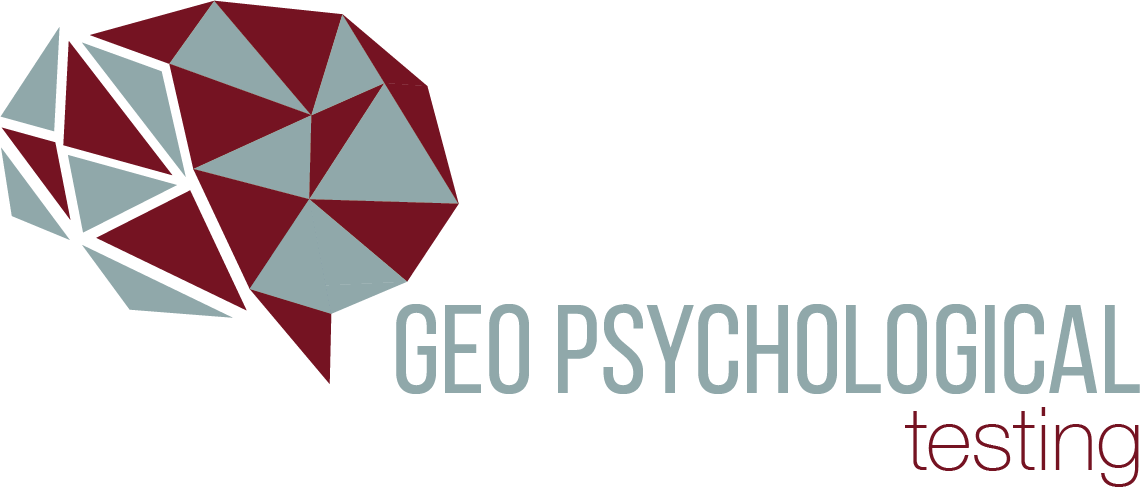What is the MMPI-2?
The Minnesota Multiphasic Personality Inventory-2 is the most widely used and researched test of adult psychopathology. Meeting mental health professional and assessment needs, The MMPI-2 assists in the diagnosis of mental disorder and selection of appropriate treatment methods. The test consists of 567 true-false questions and is takes approximately 60 to 90 minutes to complete.
What Can It Indicate?
The MMPI-2 is most commonly used by mental health professionals to assess and diagnose mental illness. It is also used in legal cases, including criminal defense and custody disputes, as a screening instrument for certain professions, and to evaluate effectiveness of specific treatment programs, such as substance abuse programs.
The MMPI-2 has 10 clinical scales to indicate different psychological conditions in adults:
-
- Scale 1: Hypochondriasis – Scale 1 assesses a neurotic concern over bodily functioning. The items on this scale concern physical symptoms and well-being.
- Scale 2: Depression – Scale 2 was designed to identify symptoms of depressions, characterized by poor morale, lack of hope in the future, and general dissatisfaction with one’s own life.
- Scale 3: Hysteria – Scale 3 was designed to identify those who display hysteria or physical complaints in stressful situations.
- Scale 4: Psychopathic Deviate – Scale 4 measures social deviation, lack of acceptance of authority, and amorality. It is thought of as a measure of disobedience and antisocial behavior.
- Scale 5: Masculinity-Femininity – Scale 5 was designed to identify homosexual tendencies by showing how much or how little one identifies with his or her gender’s interests.
- Scale 6: Paranoia – Scale 6 was developed to identify those with paranoid symptoms, such as suspiciousness, feelings of persecution, excessive sensitivity, rigid attitude, and grandiose self-concepts.
- Scale 7: Psychasthenia – Used to measure excessive doubts, compulsions, and obsessions, Scale 7 was designed to identify those with anxiety, depression, and OCD.
- Scale 8: Schizophrenia – Scale 8 was developed to reflect a variety of areas, such as bizarre thought processes, social alienation, poor relationships, difficulties in concentration, impulse control, lack of interest, questions of self-worth and self-identity, and sexual difficulties.
- Scale 9: Hypomania – Scale 9 was developed to identify symptoms of hypomania, including elevated mood, hallucinations, delusions of grandeur, accelerated speech and motor activity, irritability, flight of ideas, and depression.
- Scale 0: Social Introversion – Scale 0 is designed to assess a person’s shyness and tendency to withdraw from social interaction and responsibilities.
MPPI-2 Testing for Adults in The Woodlands
Conquering a mental illness begins with fully understanding it. The MMPI-2 tests allow psychologists to assess and evaluate an adult’s condition and provide a compressive understanding, diagnosis, and recommendation for moving forward. However, in order to obtain this information, proper testing is essential.
Geo-Anna Q. Hirshenbaum PhD, a Licensed Clinical Psychologist, provides MMPI-2 testing for adults in The Woodlands, Texas. Through careful analysis, Dr. Hirshenbaum’s assessment process allows for diagnostic clarity and individualized recommendations to move forward in pinpointing issues of distress, planning effective treatment, and reaching personal goals.
MPPI-A Testing for Adolescents in The Woodlands
Conquering a mental illness begins with fully understanding it. The MMPI-A tests allow psychologists to assess and evaluate an adolescent’s condition and provide a compressive understanding, diagnosis, and recommendation for moving forward. However, in order to obtain this information, proper testing is essential.
Geo-Anna Q. Hirshenbaum PhD, a Licensed Clinical Psychologist, provides MMPI-A testing for adolescents in The Woodlands, Texas. Through careful analysis, Dr. Hirshenbaum’s assessment process allows for diagnostic clarity and individualized recommendations to move forward in pinpointing issues of distress, planning effective treatment, and reaching personal goals.

